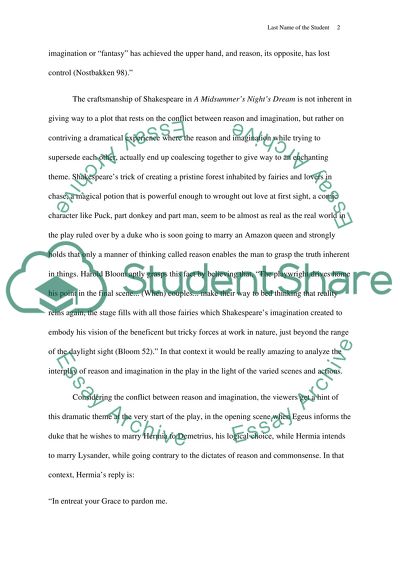Cite this document
(“Conflict between Reason and Imagination in A Midsummer Nights Dream Essay”, n.d.)
Conflict between Reason and Imagination in A Midsummer Nights Dream Essay. Retrieved from https://studentshare.org/literature/1462108-consider-the-theme-of-the-conflict-between-reason-and-imagination-in-a-midsummers-nights-dream
Conflict between Reason and Imagination in A Midsummer Nights Dream Essay. Retrieved from https://studentshare.org/literature/1462108-consider-the-theme-of-the-conflict-between-reason-and-imagination-in-a-midsummers-nights-dream
(Conflict Between Reason and Imagination in A Midsummer Nights Dream Essay)
Conflict Between Reason and Imagination in A Midsummer Nights Dream Essay. https://studentshare.org/literature/1462108-consider-the-theme-of-the-conflict-between-reason-and-imagination-in-a-midsummers-nights-dream.
Conflict Between Reason and Imagination in A Midsummer Nights Dream Essay. https://studentshare.org/literature/1462108-consider-the-theme-of-the-conflict-between-reason-and-imagination-in-a-midsummers-nights-dream.
“Conflict Between Reason and Imagination in A Midsummer Nights Dream Essay”, n.d. https://studentshare.org/literature/1462108-consider-the-theme-of-the-conflict-between-reason-and-imagination-in-a-midsummers-nights-dream.


